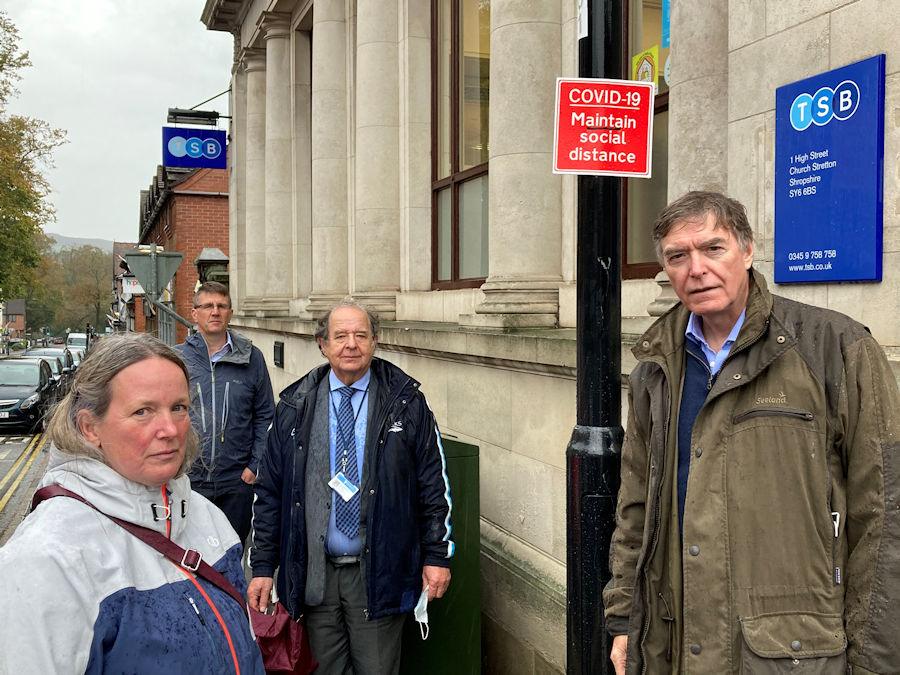"While this was the first for me, it is the fourth time that this Committee has had to examine the current tax credits system - and it will not be the last. Billions of pounds, far more than those who thought up the system ever envisaged, are still routinely overpaid to claimants.
Very large amounts have to be written off.
As I know from cases in my constituency, attempts to recover overpayments from genuine claimants cause significant suffering to many vulnerable families. Every MP has similar cases. There are literally thousands of people in each constituency for whom this complex system causes real difficulty. Often genuine claimants receive cash handouts over months, assume the authorities had sent them the right amount, spend the money and then can face claims for thousands of pounds to be repaid.
Changes have been made to the system but who will be confident that they will make any difference? HMRC itself is uncertain how effective they will be. Nor does it have up to date information on the amount of public money lost through claimant error and fraud. It is quite extraordinary that the Department neither routinely estimates nor sets targets for reducing levels of error and fraud.
What we do know is that tax credits suffer from the highest rates of error and fraud in government. HMRC seems incapable of mounting a credible and effective response to the flood of money being wasted in this way."
HM Revenue and Customs (the Department) has paid £47 billion under the current tax credit system in the first three years since it was introduced in 2003. A tax credit award is based on the claimant's circumstances for the full tax year and payments are provisionally made on the basis of circumstances for the previous year. Final awards are based on actual circumstances and, because incomes tend to increase, many claimants have received overpayments, totalling around £5.8 billion in the first three years.
The Department seeks to recover these overpayments but cannot always do so and has so far written off over £500 million. It is unlikely to recover a further £1.4 billion of debt. The recovery of these debts can cause hardship to claimants, and places an administrative burden on the Department.
The Government has made some recent changes to the scheme in an attempt to reduce overpayments. The most important change involves raising from £2,500 to £25,000 the threshold for increases in income in-year which are ignored when awards are finalised. This change will reduce the level of overpayments and increase the overall cost of the scheme by some £500 million each year. Despite asking for the cost of this measure in our last report, the Department did not provide it until the Committee's hearing. Meanwhile, the National Audit Office had separately estimated the cost of the change at between £400 and £600 million.
Tax credits suffer from the highest rates of error and fraud in government. In 2003-4 between £1.06 billion and £1.28 billion (8.8% to 10.6% by value) was incorrectly paid to claimants. Despite these unacceptably high levels, the Department is not setting targets for reducing them until spring 2007, when it will have been able to calculate error rates for 2004-05.
The Department failed to ensure that its tax credit internet system complied with mandatory guidance issued by the e-envoy. Following attacks by organised criminals, it had to close the tax credits internet site in December 2005.
This is the Committee's fourth report on the current tax credits system. Its cost in terms of the unforeseen level of overpayments and the scale of error and fraud continues to be significant and well beyond the levels that Parliament was led to expect. The Department is now taking steps to reduce the level of overpayments, at considerable cost to the taxpayer. But the Department has still not developed an adequate response to the unacceptable levels of error and fraud in the scheme.

